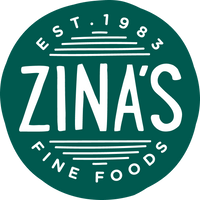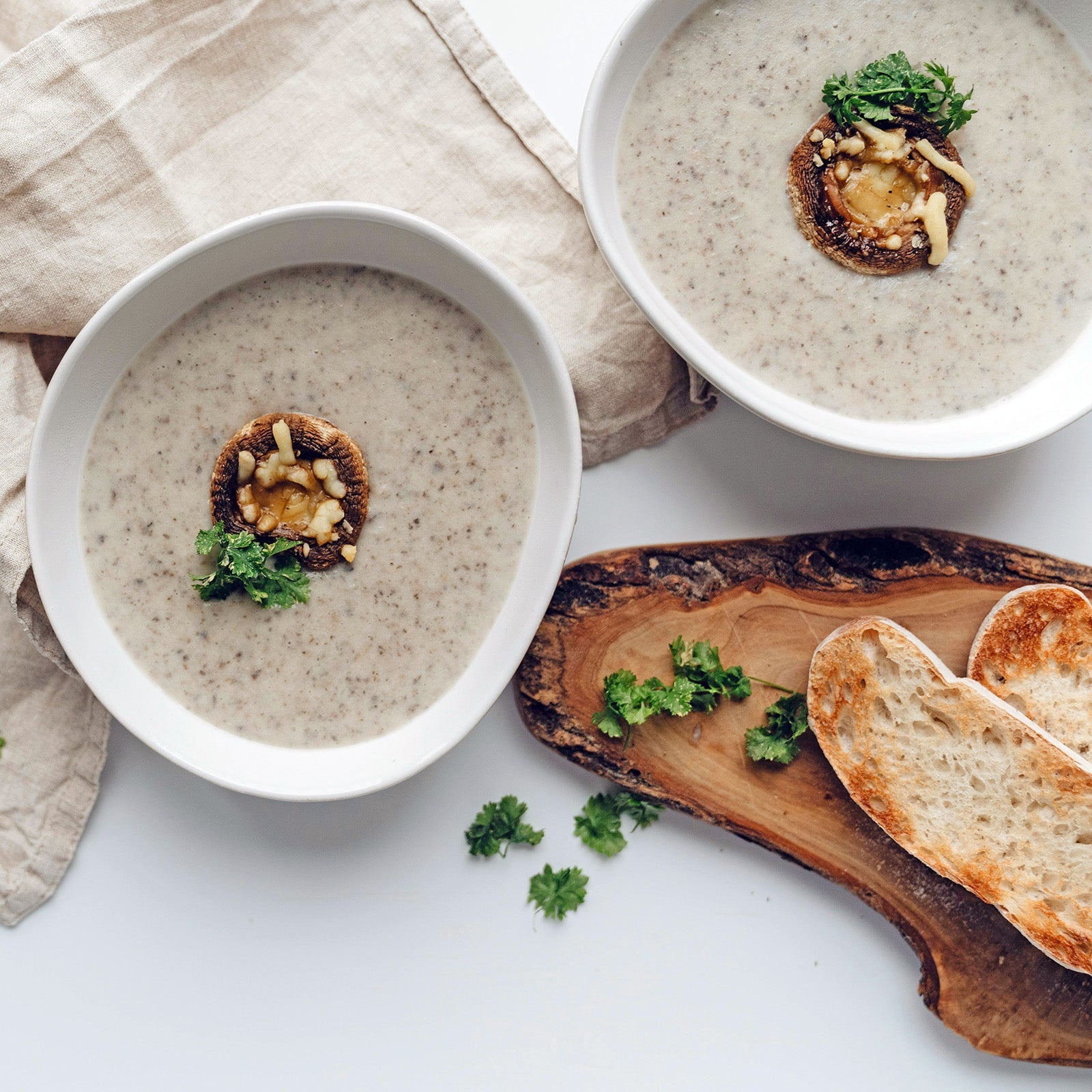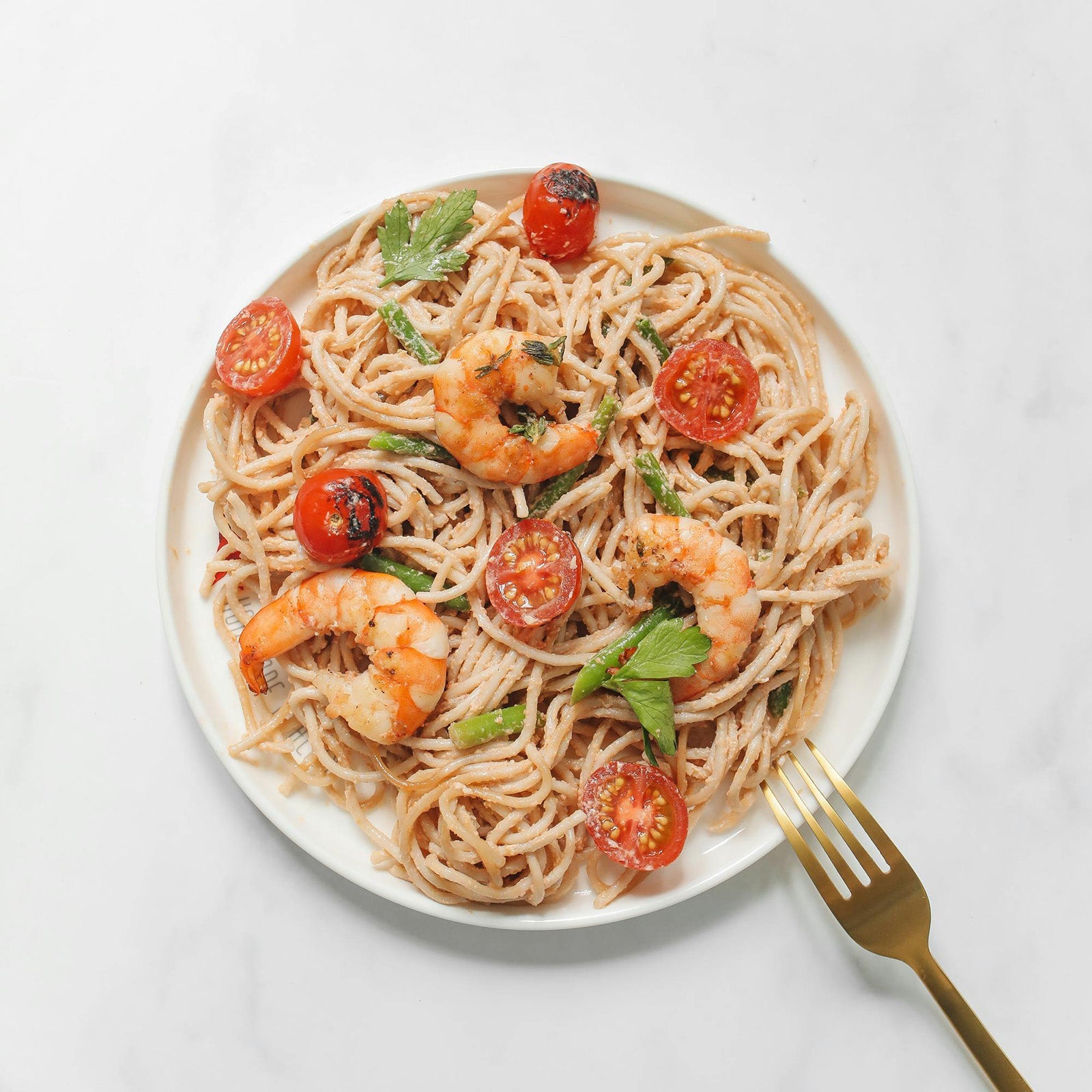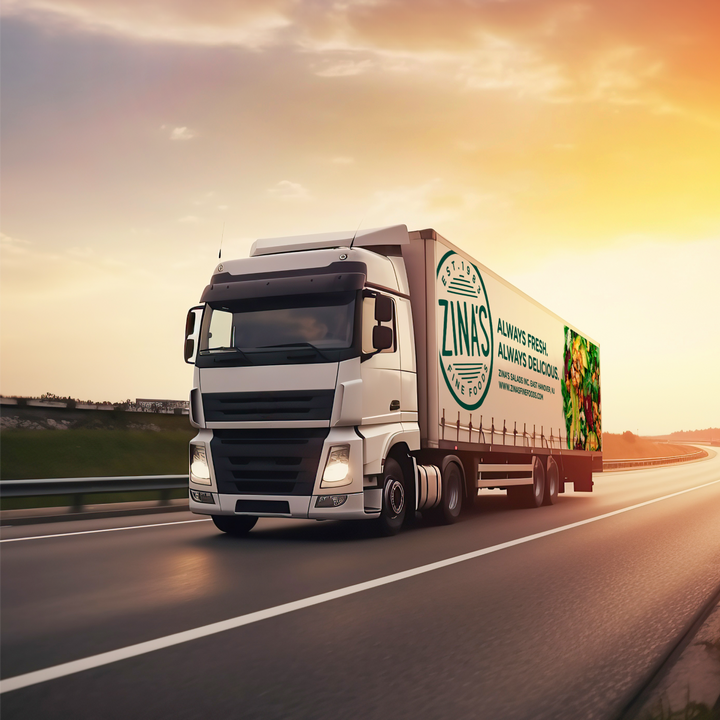
Introduction to Private Label Salads
The salad industry has experienced significant growth in recent years, with a surge in demand for healthy, convenient, and delicious meal options. One trend that has been gaining traction is the rise of private label salads.
Private labeling food, a concept in which retailers or salad manufacturing companies create their unique products under their brand name, has become increasingly popular in the salad market.
In this blog, we will explore the advantages and impact of private label salads on consumers, retailers, and the environment, with a focus on wholesale salads and the salad industry in New Jersey.
Advantages of Private Label Salads for Retailers
Private label salads offer several advantages for retailers. By creating exclusive products, retailers can differentiate themselves from competitors, increase profit margins, and build customer loyalty.
With control over their product's quality and pricing, retailers can also cater to specific consumer needs and preferences. As a result, private label salads have become a valuable addition to the product offerings of many stores.
Considering the importance of the advantages for retailers, let's explore these key aspects of private label salads in greater depth:
-
Customization and Exclusivity: By offering private label salads, retailers can provide their customers with unique and exclusive products that are not available elsewhere. This helps retailers create a distinct brand image and stand out from competitors. Customization options also enable retailers to cater to specific consumer tastes and preferences, leading to higher customer satisfaction and retention.
-
Greater Control Over Quality and Supply Chain: Retailers have more control over the quality and consistency of their private label salads, as they can work closely with salad manufacturing companies to ensure that products meet their standards. Retailers can also optimize their supply chain by selecting local suppliers, which can help reduce transportation costs, ensure fresher ingredients, and support local economies.
-
Increased Profit Margins: With private label salads, retailers can enjoy higher profit margins than selling national brands. This is because private labeling allows retailers to eliminate the costs associated with marketing and advertising that are typically associated with national brands. As a result, retailers can offer their private label salads at competitive prices while still maintaining a healthy profit margin.
-
Ability to Adapt to Market Trends: Retailers with private label salads can quickly adapt to changing market trends and consumer preferences. By having direct control over product development, retailers can easily introduce new flavors, ingredients, or packaging based on customer feedback and market research. This flexibility allows retailers to stay ahead of the competition and maintain a relevant product offering.
-
Enhanced Brand Image and Loyalty: A successful private label salad range can help improve a retailer's overall brand image. Customers often associate private label products with the retailer itself, so a high-quality and diverse salad offering can reinforce positive perceptions of the retailer. Additionally, unique and exclusive private label products can encourage customer loyalty, as customers are more likely to return to the retailer for products they cannot find elsewhere.
-
Targeted Marketing and Promotions: Retailers can design targeted marketing campaigns and promotions specifically for their private label salads, helping to drive sales and increase product visibility. By leveraging customer data and insights, retailers can create personalized promotions and offers to encourage trial and repeat purchases of their private label salad products.
- Expansion Opportunities: A successful private label salad line can open up new growth opportunities for retailers, such as expanding into other private label food categories or even developing a wholesale business. By establishing a strong brand presence in the private label salad market, retailers can leverage their reputation and expertise to explore new business avenues.
Consumer Benefits of Private Label Salads
For consumers, private label salads provide affordable, high-quality, and innovative salad options. These salads often boast unique flavor combinations and cater to diverse dietary needs and preferences.
Many salad manufacturing companies have also developed creative packaging and presentation solutions, making private label salads even more appealing to the health-conscious consumer.
Given the significance of consumer benefits, let's delve further into this crucial aspect of private labeling:
-
Affordability: Private label salads are often priced more competitively than their national brand counterparts, making them an attractive choice for budget-conscious consumers. This affordability does not compromise on quality, as private label salad manufacturers strive to offer a product that meets or exceeds the quality standards of national brands.
-
Variety and Innovation: Private label salad manufacturers are continuously working to develop innovative flavor combinations and unique product offerings that cater to a diverse range of tastes and preferences. This means that consumers can enjoy a wider selection of salad options when shopping for private label products, making it easier to find a salad that suits their personal preferences.
-
Catering to Dietary Needs and Preferences: With a focus on customization and exclusivity, private label salads often cater to various dietary needs and preferences, such as vegan, gluten-free, organic, and low-carb options. This makes it easier for consumers with specific dietary requirements to find suitable and delicious salad options.
-
Freshness and Quality: Retailers offering private label salads often work closely with local salad manufacturing companies and suppliers, ensuring that their products are made with fresh, high-quality ingredients. This commitment to quality results in private label salads that not only taste great but are also packed with essential nutrients.
-
Creative Packaging and Presentation: Many private label salad manufacturers invest in innovative packaging solutions that not only preserve the freshness and quality of their products but also enhance their visual appeal. Eye-catching, eco-friendly packaging designs and convenient, ready-to-eat containers make private label salads an attractive option for busy, health-conscious consumers.
-
Support for Local Businesses: By purchasing private label salads, consumers are often supporting local businesses, including salad manufacturing companies, farmers, and suppliers. This not only helps strengthen local economies but also contributes to a more sustainable food supply chain by reducing transportation distances and associated environmental impacts.
- Increased Transparency and Trust: Retailers offering private label salads typically have a closer relationship with their manufacturers and suppliers, which allows for greater transparency regarding product sourcing, ingredients, and production processes. This increased transparency can help build trust between consumers and the retailer, as consumers can be more confident in the quality and safety of the private label salads they purchase.
Innovations in Private Label Salad Packaging and Presentation
Packaging and presentation are essential aspects of the private label salad industry. Manufacturers have been developing innovative solutions to attract consumers and reduce waste.
From eco-friendly packaging materials to visually appealing designs, these innovations are contributing to the growing popularity of private label salads.
The Role of Private Label Salads in Promoting Healthy Eating
Private label salads are making nutritious and delicious salads more accessible, convenient, and affordable for the masses. In an age where convenience is crucial, the availability of high-quality, ready-to-eat salads has made it easier for consumers to maintain a healthy diet.
As a result, private label salads are becoming an essential part of promoting healthy eating habits.
The Environmental Impact of Private Label Salads
Sustainability has become a significant concern in the food industry, and private label salad companies are not an exception. Many manufacturers have taken steps to reduce their environmental impact by sourcing local ingredients, minimizing food waste, and utilizing eco-friendly packaging materials. This commitment to sustainability further bolsters the appeal of private label salads to eco-conscious consumers.
The Future of Private Label Salads
The potential growth and future trends in the private label salad industry are promising. As more consumers become aware of the benefits of private label salads, we can expect continued innovation in the market. Personalization, new flavor combinations, and collaborations with popular chefs or nutrition experts are just a few of the trends that may shape the future of private label salads.
In conclusion, private label salads are revolutionizing the salad market and offering significant benefits to retailers, consumers, and the environment. With continued innovation and a focus on quality, private label salads are poised to remain a significant player in the ever-growing salad industry.






